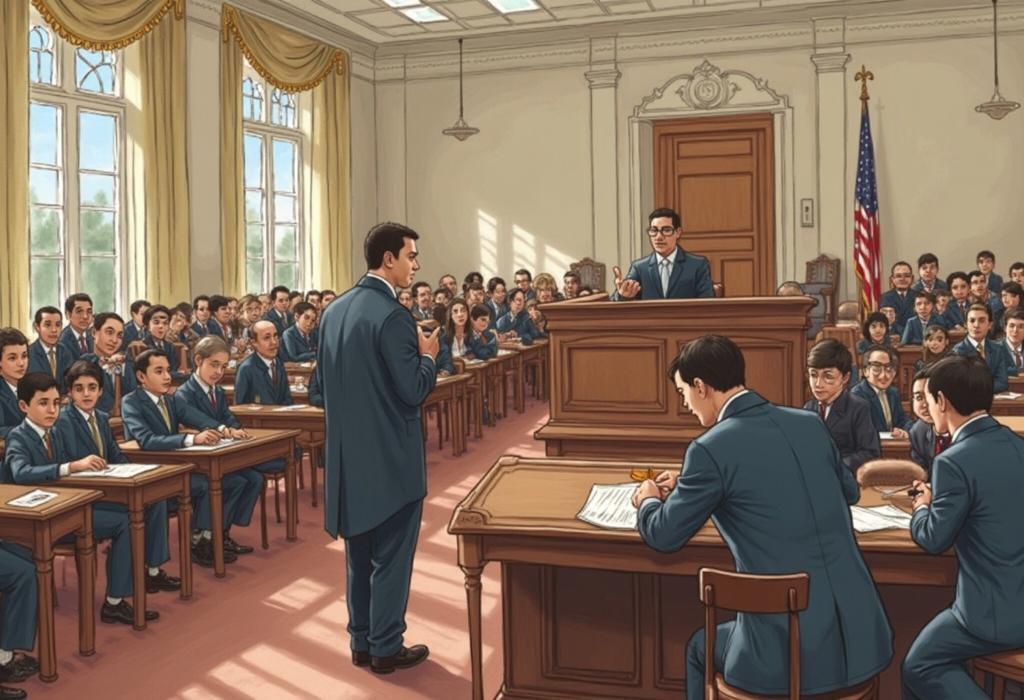Last week, the Supreme Court heard oral arguments in the case of Mahmoud v. Taylor, which has drawn significant attention to the ongoing debate surrounding the rights of religious families within America’s public school system. The case centers on a group of Christian, Jewish, and Muslim families from Montgomery County, Maryland, who contend that the school district's decision to implement a curriculum featuring LGBTQ+ themed materials infringes upon their First Amendment rights. Justice Ketanji Brown Jackson's remark during the proceedings that families concerned about religious freedoms can simply choose private schooling or homeschooling sparked considerable backlash, given the exorbitant costs associated with such alternatives, which are unaffordable for the median American family. Critics argue that the current system effectively acts as a monopoly that fails to be neutral by coercing religious families into a public education system that does not reflect their values. They highlight the hypocrisy in allowing other groups the option to opt-out based on their beliefs while maintaining a rigid curriculum that disregards the religious tenets of these families. The legal angst over whether parents can opt-out their children from specific controversial lessons mirrors broader societal issues related to a perceived cultural indoctrination in schools. This case is seen as pivotal not only for the families involved but also for the broader discussion on parental rights and educational equity across the nation. If the Court rules in favor of the plaintiffs, it could open doors for more significant challenges to public school policies, affecting curricula nationwide.
AD
AD
AD
AD
Bias Analysis
Bias Score:
80/100
Neutral
Biased
This news has been analyzed from 19 different sources.
Bias Assessment: The coverage exhibit considerable bias by strongly favoring the perspective of religious families and framing their position as a victim of systemic injustice. The language employed is emotive, depicting public schools in a negative light while positioning private education as the only acceptable alternative based on parental rights. This framing may alienate those who advocate for inclusive educational practices and could misrepresent the complexity of the issue surrounding educational content and societal values.
Key Questions About This Article




